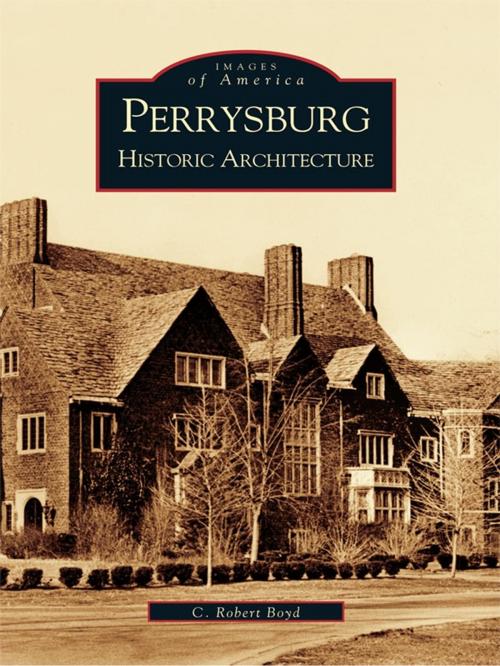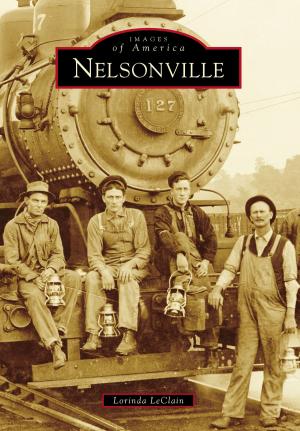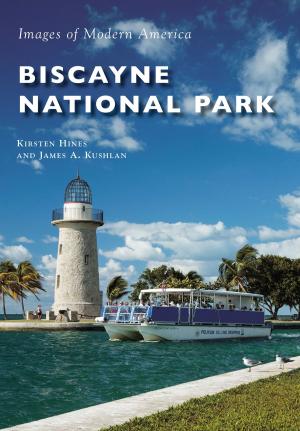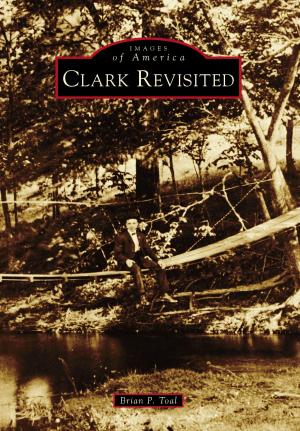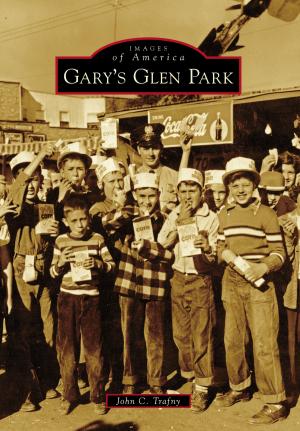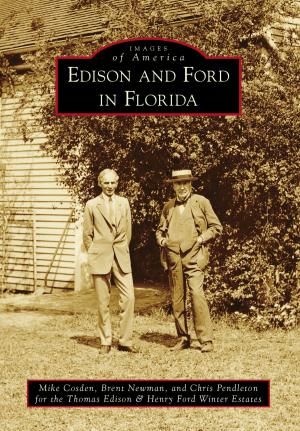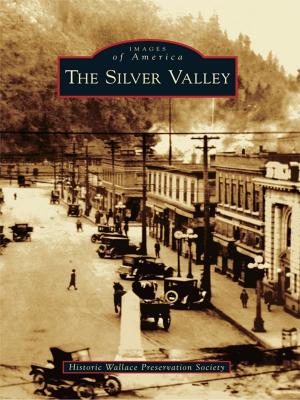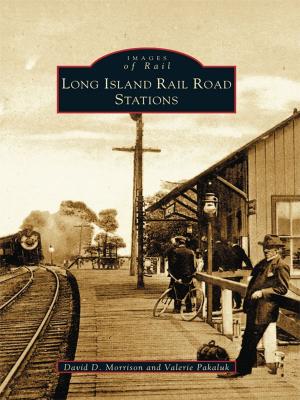Perrysburg
Historic Architecture
Nonfiction, Art & Architecture, Photography, Pictorials, Architectural & Industrial, Architecture, Public, Commercial, or Industrial Buildings| Author: | C. Robert Boyd | ISBN: | 9781439631614 |
| Publisher: | Arcadia Publishing Inc. | Publication: | August 10, 2005 |
| Imprint: | Arcadia Publishing | Language: | English |
| Author: | C. Robert Boyd |
| ISBN: | 9781439631614 |
| Publisher: | Arcadia Publishing Inc. |
| Publication: | August 10, 2005 |
| Imprint: | Arcadia Publishing |
| Language: | English |
Congress created Perrysburg in 1816 to secure control of its strategic trading location on the largest river flowing into Lake Erie, the Maumee River, an integral waterway for shipping and also an important passageway for western migration. As a busy port and shipbuilding center, Perrysburg attracted entrepreneurial pioneers from the East, who, as they prospered, built remarkable homes, buildings, and other structures. During the World War I era, wealthy Toledo industrialists also arrived, building riverside mansions. Over 100 of this small 19th-century community�s architectural treasures still stand, and they include examples of nearly every major domestic architectural style popular from the 1820s to the 1930s. Most of the structures that make up the historical character of Perrysburg are best represented in the Historic District, which is listed on the National Register of Historic Places.
Congress created Perrysburg in 1816 to secure control of its strategic trading location on the largest river flowing into Lake Erie, the Maumee River, an integral waterway for shipping and also an important passageway for western migration. As a busy port and shipbuilding center, Perrysburg attracted entrepreneurial pioneers from the East, who, as they prospered, built remarkable homes, buildings, and other structures. During the World War I era, wealthy Toledo industrialists also arrived, building riverside mansions. Over 100 of this small 19th-century community�s architectural treasures still stand, and they include examples of nearly every major domestic architectural style popular from the 1820s to the 1930s. Most of the structures that make up the historical character of Perrysburg are best represented in the Historic District, which is listed on the National Register of Historic Places.
